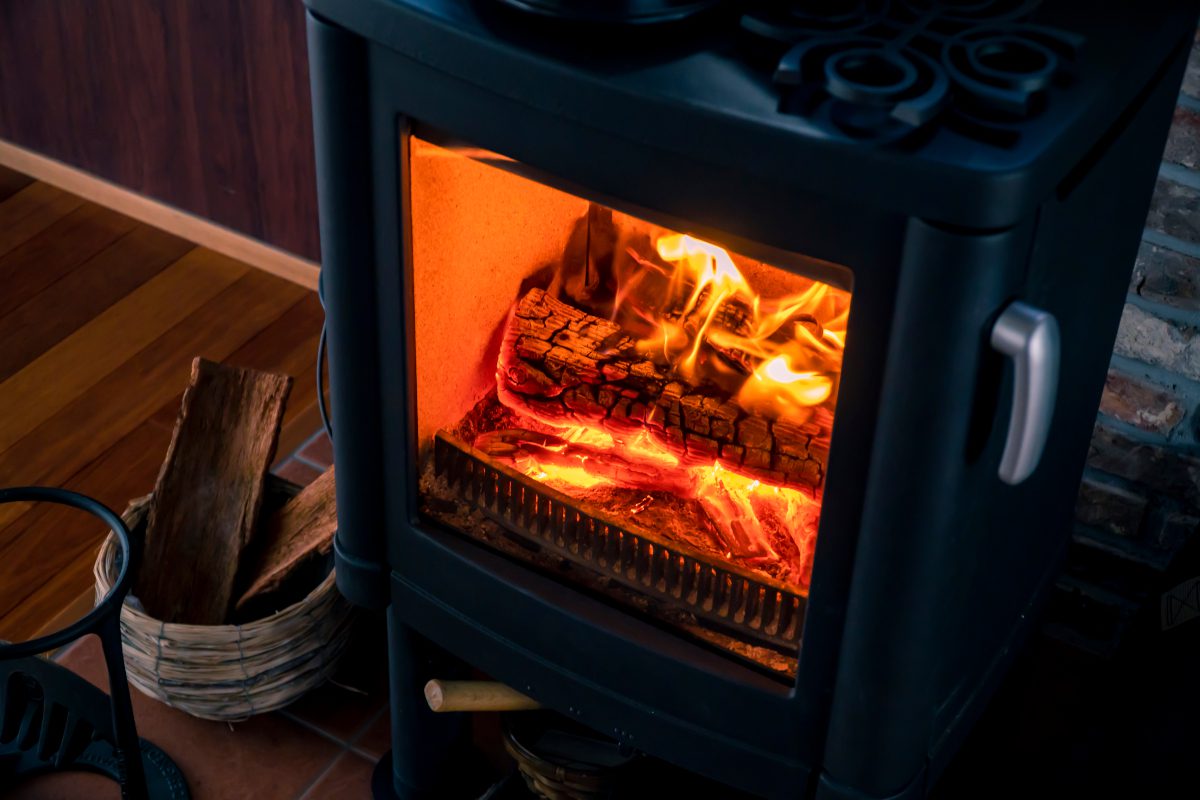
Environmental and engineering consultancy Ricardo is applying its expertise in air quality measurement to enable local authorities across Greater Manchester to monitor the contribution to air pollution from wood burning stoves, raise public awareness of its risks, and reduce its impact on people’s health.
The firm has been awarded a multi-year contract by Transport for Greater Manchester, on behalf of the ten Greater Manchester councils, to monitor the air quality impact of the burning of solid fuel in households across the city-region. Ricardo will monitor data from new air quality sensors provided by project partner South Coast Science. The work forms part of a wider initiative funded by the UK Government’s Department for Environment, Food and Rural Affairs (Defra) to improve air quality and will help the local authorities to better understand how they can reduce air pollution from domestic solid fuel burning.
Ricardo already advises the ten Greater Manchester local authorities and runs their reference air quality monitoring network. Through this new funded project, working with project partner South Coast Science, Ricardo scientists will collect data from and provide quality assurance and quality control services for 43 air quality monitors which will be in 41 locations across Greater Manchester over the next two years. Ricardo will provide expert analysis and reporting, as well as ensuring that the performance and reliability of the sensors is maximised throughout the contract.
The devices will monitor particulate matter (PM2.5 and PM10), nitrogen dioxide (NO2) nitrogen oxide (NO), carbon monoxide (CO) and ozone (O3). Ten of the 43 devices will also monitor carbon dioxide (CO2). The measurements will be taken in a range of urban and rural areas. Four monitors will be installed in each borough, with two in locations with a high number of wood burning stoves and two in locations where domestic burning is known to be less likely. This will enable researchers to better understand the different concentrations of air pollution. Three further sensors will be located with one of the continuous reference monitoring stations for quality control purposes.
Cllr Eamonn O’Brien, Clean Air lead for Greater Manchester, said: “Greater Manchester is committed to improving air quality in our region and the data from this project will help us better understand the connection between use of domestic burning and poor air quality. The data we receive from Ricardo will provide us with quality data needed to make informed decisions regarding our policy and action plans and help to deliver health and economic benefits to the millions of people in our region.”
Paul Willis, Technical Director, Air Quality and Environment at Ricardo, said: “Ricardo has the longest established and one of the largest air quality teams in the world. For over 60 years, we have worked with many city authorities across the UK and internationally to help them to reduce the negative impacts of air pollution. We are honoured that Transport for Greater Manchester has entrusted us with providing them with high quality data from the monitoring network, and quality assurance on that data. This will support their objective of using this trusted evidence to engage the public, reduce local or personal exposure to air pollution and ultimately save lives and improve public health in the region.”
This project is the latest example of Ricardo air quality specialists providing trusted evidence to regional authorities on the risks of air pollution. For the London Wood Burning Project – a project led by the London boroughs of Camden and Islington on behalf of 13 other participating London boroughs – which is funded by Defra, Ricardo undertook a Health Impact Evaluation that assessed human heath impact and associated cost of wood burning (and other solid fuels) across the Greater London region.







